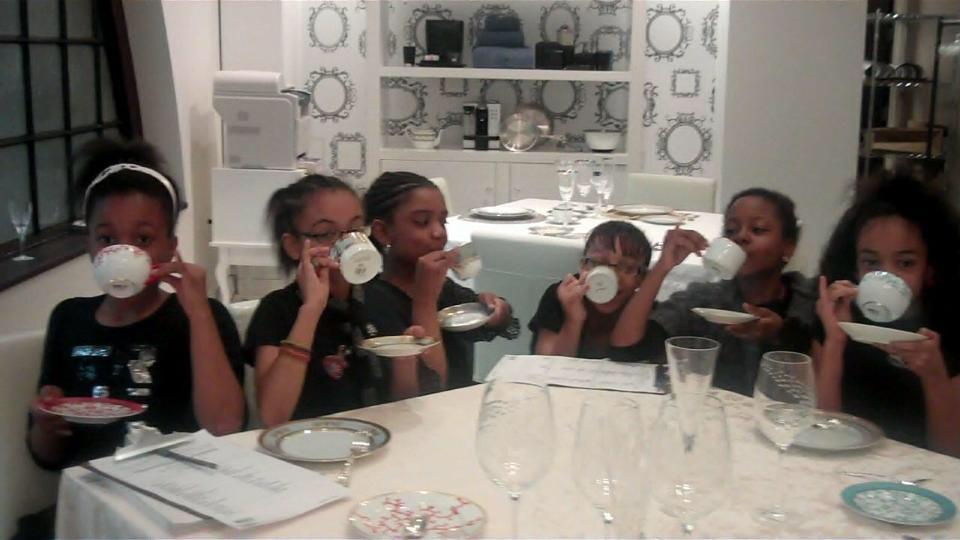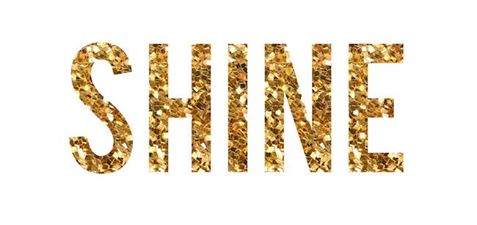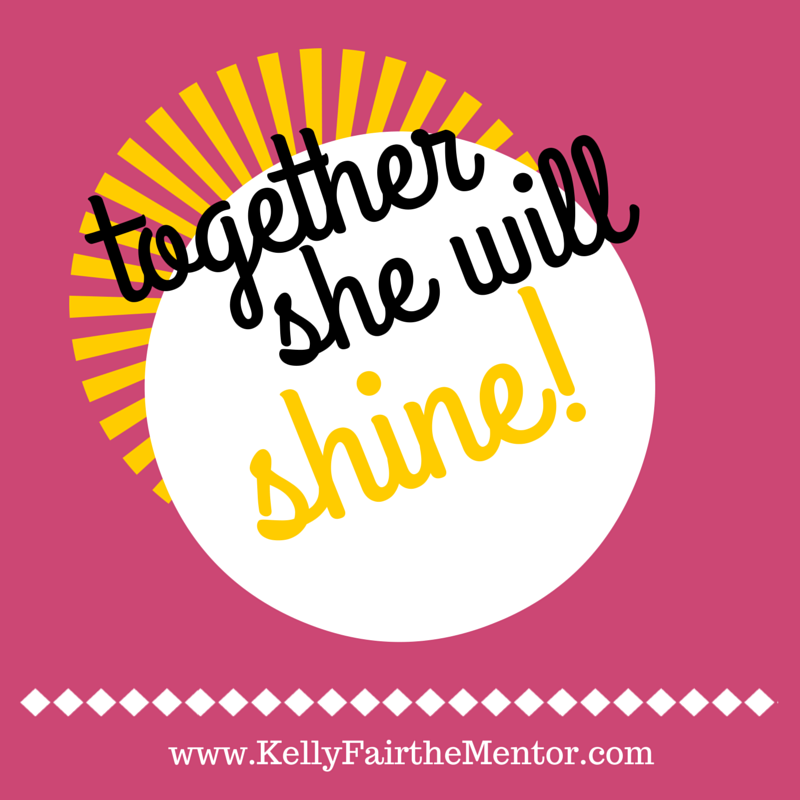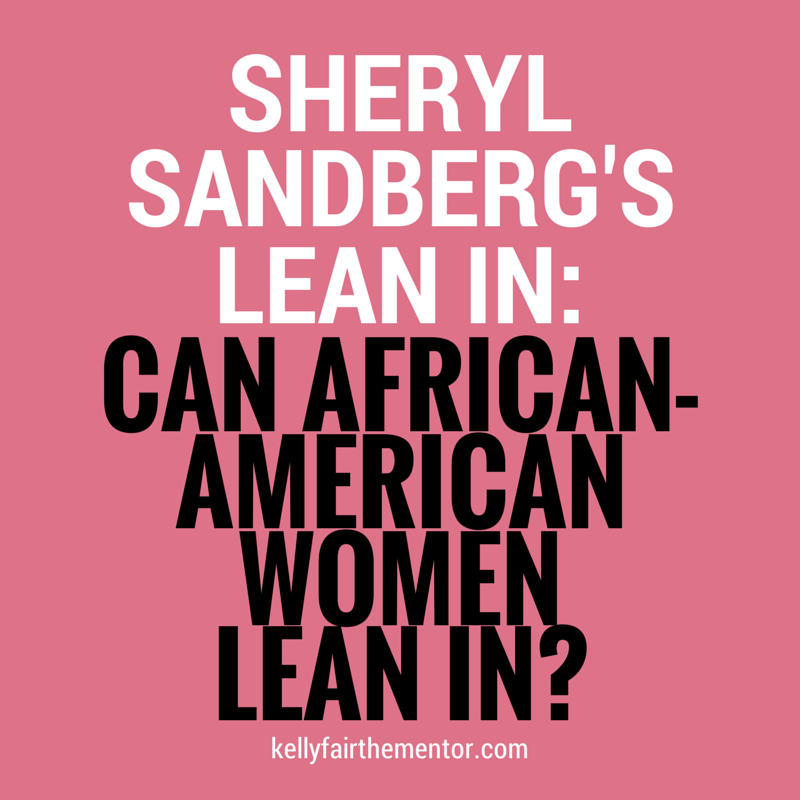For the month of September, we encouraged you to donate to Polished Pebbles Girls Mentoring Program. And we want to say, “THANK YOU!” It is because of supporters like you that we are able to provide our girls with enriching learning activities. While people have donated to Polished Pebbles for various reasons, we have here our top five reasons to support girls in your community:
 Self Image. Young girls are constantly bombarded with not-so-positive images of black women. This causes stereotypes and caricatures to become false realities they might try and emulate. The angry black woman, oversexed backup dancer, gold-digger, and baby mama are not the only images that should be present in the general media. But it can seem that they are. Mentoring not only shatters these false images by providing positive alternatives, but it teaches girls another way to think of themselves. Mentoring programs and relationships can help to spread the “body positive” and “natural hair” movements. While curly is not better than straight and curvy is not better than thin, it gives girls the ability to choose! They are exposed to all of the possibilities, all of the many ways to love themselves.
Self Image. Young girls are constantly bombarded with not-so-positive images of black women. This causes stereotypes and caricatures to become false realities they might try and emulate. The angry black woman, oversexed backup dancer, gold-digger, and baby mama are not the only images that should be present in the general media. But it can seem that they are. Mentoring not only shatters these false images by providing positive alternatives, but it teaches girls another way to think of themselves. Mentoring programs and relationships can help to spread the “body positive” and “natural hair” movements. While curly is not better than straight and curvy is not better than thin, it gives girls the ability to choose! They are exposed to all of the possibilities, all of the many ways to love themselves.
Educational Achievement. A successful mentoring program and mentoring relationship will bring out the best in your girls. It will encourage and support them as they move through the world. In a previous blog post on KellyFairtheMentor.com, Kelly Fair shared an article by Dr. Jawanza Kunjufu, “Have Black Girls Been Overlooked?” from the “Black Star Journal”. She brings to our attention the lack of attention paid to black girls in education. We focus on black boys, their dropout rates and the school to prison pipeline. We tend to forget that black girls are in the same vicious cycle. According to the article, 12% of black girls are suspended from school and 40% are dropping out! Mentoring programs bring the necessary attention to black girls so that they don’t get left behind in school. We want all our girls to recognize their intelligence and strive for academic success. Let’s ensure that black girls are no longer overlooked!
Female Social Support. Growing up I remember my mother telling me that girls are mean to each other. Instead of banding together in camaraderie, girls are competing with one another for beauty, love, and acknowledgement. While not always the case, this conflict is noticeable during school years. This war between women hinders our ability to develop positive female relationships; who could be our possible sisters in arms as we combat these obstacles. Girls focused mentoring programs break down these competitive natures to help develop lasting, supporting relationships. This will become the cornerstone to future relationships your girls will make in life. They will learn to see one another as a teammate, a co-worker, a mentor, and a friend. 
Life Skills. Mentoring programs focus on different points of intervention. Some programs target relationship building and others target studying habits. Polished Pebbles, as you may know, focuses on developing communication skills to positive, respectful interactions with peers and adults. While you may not think your daughter is lacking in any of these skills, it never hurts to get a little extra practice. Plus, these are all real and useable skills! Mentoring programs prepare young girls for adult life by teaching them how to effectively be a grown-up. Do you think you came out of the womb ready to manage finances or mediate conflict? No, someone taught you!
This Pebble. When asked about how she has benefited from the Polished Pebbles program, this young pebble perfectly replied: “Being dedicated. When I give my word, I want to be there. Being there for your sister. I can call all these young ladies my sisters because of the bond we have right now.” We want all young black girls out there to feel this way about their peers, their sisters! She sums out all of the reasons why mentoring is necessary for young black girls!
We hope that these five reasons inspire you to get your girls involved in a mentoring program! As human beings with knowledge and caring hearts, we can join together to ensure a positive future for black girls. As Polished Pebbles says, Together She Will Shine!
To make a one-time donation or join our monthly giving program, click here…









